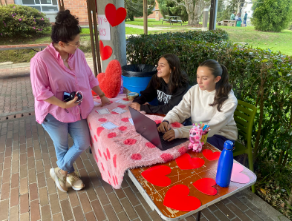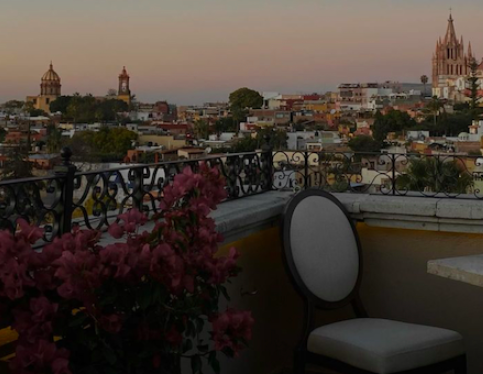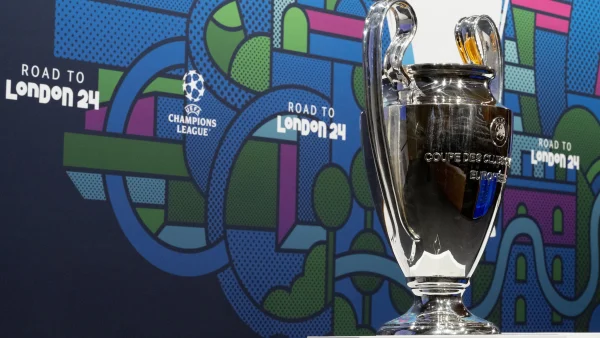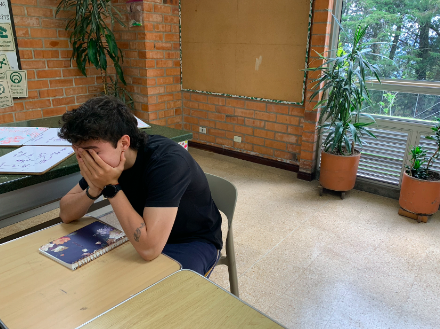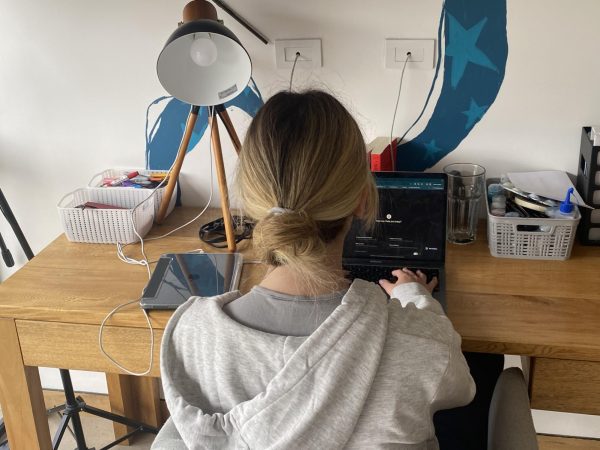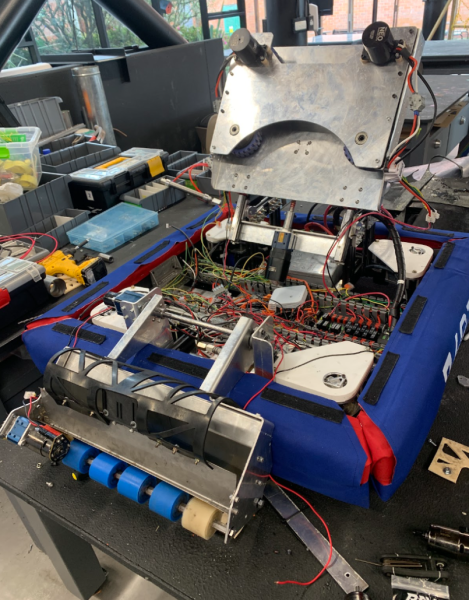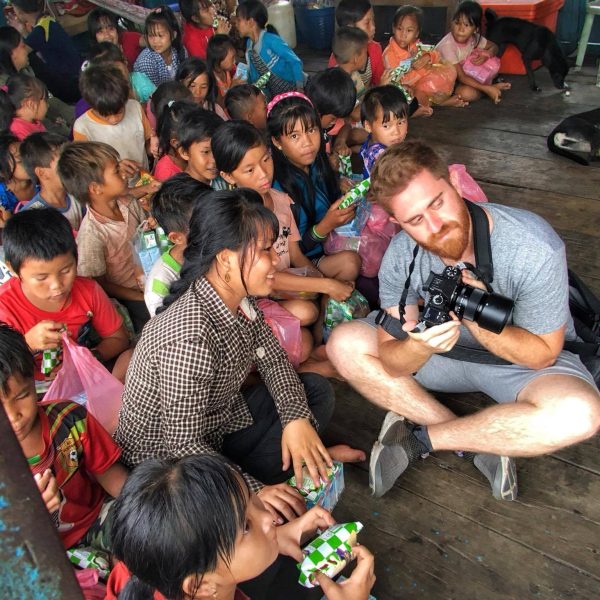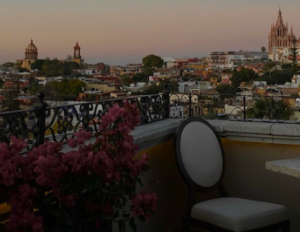WHO Struggles to Contain Epidemics
The commission of World Human Organization (WHO) began debating the topic of containment of epidemics.
Delegates in WHO discussed trying to find a solution with epidemics such as: Ebola, Zika, Influenza and HIV.
The principle priority, which all delegates agreed to, was that people are stopping to vaccinate themselves and their children, since they believe vaccines don’t work and are a waste of money.
“Cholera was eradicated with vaccination in North Korea, so vaccines are important and should be applied in people. Some countries say vaccines don’t work, but the delegation of North Korea has proof of working,” Delegate of North Korea, said.
In addition, the delegation of Mali told the committee an anecdote that their country had. This was about a mother and her child who were crossing the border of Mali and the government noticed that the baby was bleeding from his nose (which is a symptom of Ebola) but thought it was normal. Some days later they identified the sickness as Ebola and isolated the child so he wouldn’t contaminate people. Due to this, seasonal checks were proposed by the delegation of Australia.
“There are new cases of sickness that have arisen again since people decide to not vaccine nor vaccine their child,” declared the delegate from Nigeria.
Although, delegations such as India said that economy for some countries is not so strong for everyone to get a vaccine. He referred to countries such as Mali, India and Nigeria.
“Cheap solutions can’t come from a county that don’t have the resources to give them. Cheap solutions can only come from a country that has a big economy,” expressed the delegate from India.
To sum up, when the Austrian delegation proposed to have a seasonal vaccine time, India started discussing about how a lot of diseases were already in India and even thought they had a high quality in doctors, it was impossible to treat everyone.
“Yellow fever, is present in India, vaccinations plans are put in motion even though it’s difficult for everyone getting a vaccine since there are already people infected and getting other type of treatments,” the Indian delegation announced.
At one point, delegates started arguing about how developed countries should help, while other delegations remained silent. India gave a speech referring to all the countries who need help but don’t look for it.
“As long as a country doesn’t ask for national help, it won’t have it,” proclaimed the Indian delegation.
On the other hand, Mali responded saying that their country has asked for help and there were not enough answers. She stated that a great amount of people in Mali needed help in diseases previously discussed.
“Countries that have more technology and are more advanced, should help countries who don’t have these cures,” affirmed the Mali delegate.
In conclusion, all delegates agreed about how the developed countries such as United Kingdom and United States need to help the countries like India and Mali.
“Germany is going to construct a constitution where epidemics solutions are going to be tested and the rest of the delegations are invited to join us in the solution to many diseases,” revealed the German delegate.

